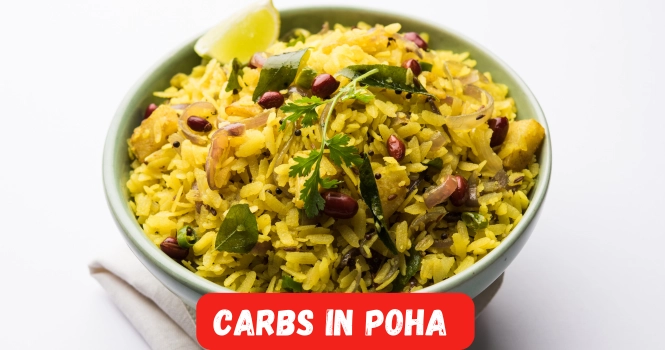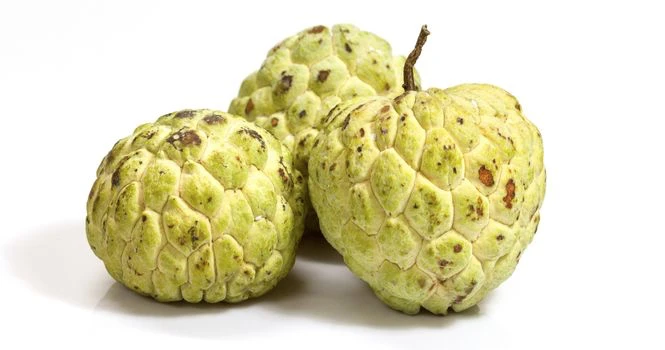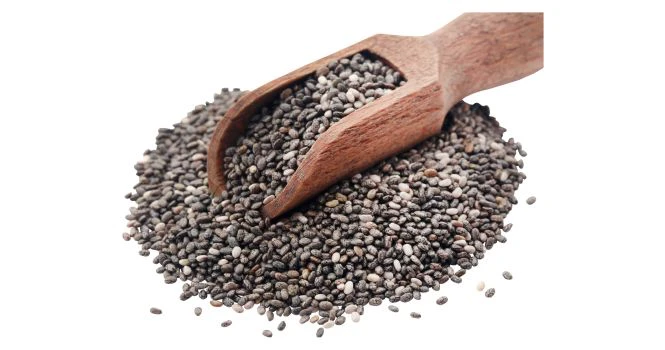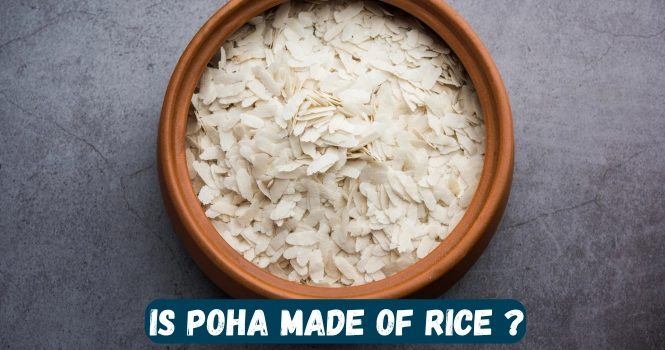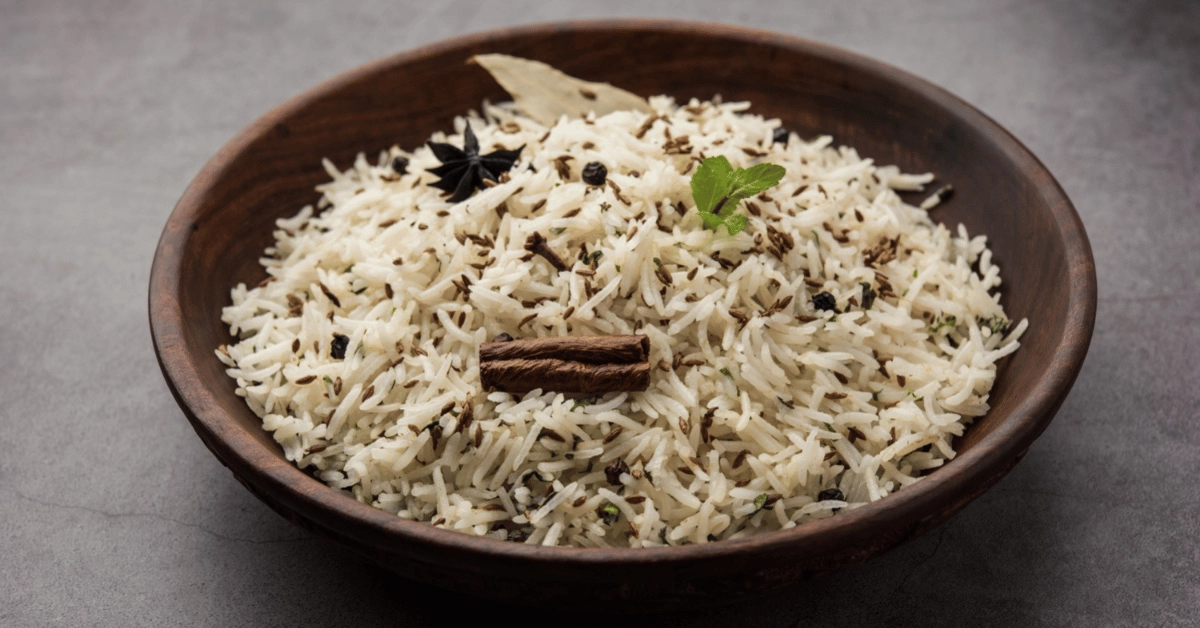9 Essential High Fiber Fruits for a Balanced Diet
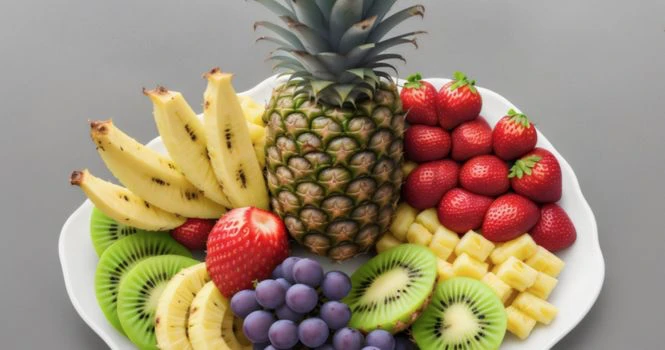
Boost your health with these 9 essential high-fiber fruits! Incorporating these nutrient-packed fruits into your diet can improve digestion, weight management, and overall well-being.
Before we go ahead to discover the List, let’s understand fiber and why it is important and few recommendations
The Importance of Fiber
Fiber is an essential nutrient that plays a crucial role in maintaining overall health. It is a type of carbohydrate that the body cannot digest. There are two main types of fiber: soluble and insoluble. Soluble fiber dissolves in water and forms a gel-like substance in the digestive system, while insoluble fiber does not dissolve in water and adds bulk to the stool. Both types of fiber offer various health benefits.
1. Digestive Health:
Fiber helps regulate bowel movements by adding bulk to the stool, making it easier to pass. This can help prevent constipation, diarrhea, and other gastrointestinal issues. Furthermore, soluble fiber has been shown to help lower cholesterol levels, reducing the risk of heart disease.
2. Weight Management:
High-fiber foods are generally more filling and require more time to chew, which can lead to consuming fewer calories overall. Additionally, fiber-rich foods tend to be lower in calories, making them a good choice for weight management.
3. Blood Sugar Control:
Soluble fiber slows down the absorption of sugar in the bloodstream, helping to maintain stable blood sugar levels. This is especially important for individuals with diabetes or those at risk of developing the condition.
4. Reduced risk of certain diseases:
A diet rich in fiber has been linked to a reduced risk of various diseases, including heart disease, stroke, type 2 diabetes, and certain types of cancer, such as colon cancer.
Daily Fiber Recommendations for Men and Women
The daily recommended fiber intake varies based on age and gender:
For Men:
– Age 19-50: 38 grams per day
– Age 51 and older: 30 grams per day
For Women:
– Age 19-50: 25 grams per day
– Age 51 and older: 21 grams per day
Pregnant and breastfeeding women may require slightly more fiber to meet their nutritional needs. Pregnant women should aim for 28 grams of fiber per day, while breastfeeding women should consume 29 grams daily.
It is important to note that these are general guidelines, and individual needs may vary based on factors such as activity level, body size, and specific health conditions. It’s always a good idea to consult with a healthcare professional or registered dietitian for personalized recommendations.
9 Essential High-Fiber Fruits for a Balanced Diet
1. Raspberries
With their sweet and tangy taste, raspberries are a popular and versatile fruit. One cup of raspberries contains an impressive 8 grams of fiber.
In addition to fiber, raspberries are packed with vitamin C, manganese, and antioxidants. They can be enjoyed fresh, frozen, or in smoothies, desserts, and salads.
2. Pears
Pears are not only juicy and delicious, but they also provide 5.5 grams of fiber per medium-sized fruit. Pears are a good source of vitamin C, potassium, and antioxidants.
They can be eaten on their own or used in various recipes, such as poached pears, pear salads, or pear tarts.
3. Apples
An apple a day may indeed keep the doctor away, thanks to its 4.4 grams of fiber per medium-sized fruit. Apples are also rich in vitamin C, potassium, and antioxidants.
uWith countless apple varieties gilable, you’ll never get bored of incorporating this fruit into your diet. Enjoy them raw, baked, or in salads and other dishes.
4. Blackberries
Blackberries are a delicious and nutritious addition to your diet. One cup of blackberries contains 7.6 grams of fiber. Like other berries, they are rich in vitamin C, vitamin K, and antioxidants.
Add them to your breakfast cereal, yogurt, or smoothie for a fiber boost, or use them as a topping for desserts.
5. Avocados
Avocados are unique among fruits due to their high healthy fat content, and they provide an excellent source of fiber. One medium avocado contains 9.2 grams of fiber.
They’re also packed with heart-healthy monounsaturated fats, vitamin K, and potassium. Enjoy avocado toast, guacamole, or add slices to your salad or sandwich.
6. Bananas
Bananas are a convenient and portable fruit that’s perfect for snacking. One medium banana provides 3.1 grams of fiber. They are also rich in potassium, vitamin C, and vitamin B6.
Add them to your breakfast cereal, smoothie, or use them as a base for healthy desserts like banana bread or pancakes.
7. Kiwifruit
Kiwifruit is a small, nutrient-dense fruit that offers a sweet and tangy flavor. One medium kiwifruit contains 2.1 grams of fiber.
It is also an excellent source of vitamin C, vitamin K, and potassium. Enjoy kiwifruit on its own, in fruit salads, or as a topping for yogurt or cereal.
8. Guava
Guava is a tropical fruit that’s not only delicious but also high in fiber. One medium guava contains 5.4 grams of fiber.
Guavas are also rich in vitamin C, vitamin A, and potassium. Eat them on their own, blend them into smoothies, or use them in desserts or fruit salads.
9. Figs
Figs are a sweet and chewy fruit that’s popular in Mediterranean cuisine. One medium fresh fig contains 1.6 grams of fiber, while three dried figs provide 5.6 grams of fiber. Figs are also a good source
While we commonly categorize foods as fruits or vegetables based on taste and usage, some foods blur the line — for instance, capsicum, which many use as a vegetable but is actually a fruit botanically.
Bonus Pick – Custard Apple:
While not on the list above, custard apple (also known as cherimoya) is another fiber-rich fruit with a creamy texture and numerous health benefits.
👉 Discover 11 Incredible Health Benefits of Custard Apples
Tabular version for clear Understanding of fiber contained in each serving of Fruits
| Fruit | Fiber content (grams) | Serving size |
| Raspberries | 8 | 1 cup |
| Pears | 5.5 | 1 medium |
| Apples | 4.4 | 1 medium |
| Blackberries | 7.6 | 1 cup |
| Avocados | 9.2 | 1 medium |
| Bananas | 3.1 | 1 medium |
| Kiwifruit | 2.1 | 1 medium |
| Guava | 5.4 | 1 medium |
| Figs | 1.6 (fresh) / 5.6 (dried) | 1 medium (fresh) / 3 dried |
![]()



